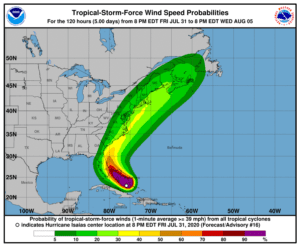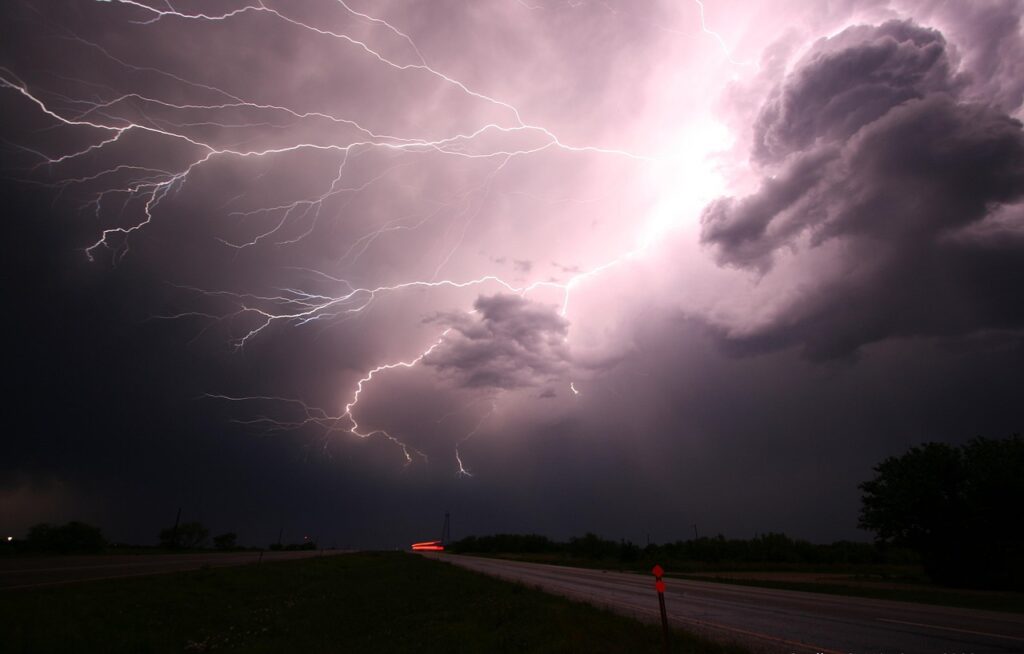- Duration: The rainy season in Florida typically lasts from May to October. During this time, the state experiences frequent afternoon thunderstorms and heavy rainfall.
- Thunderstorms: Thunderstorms are a common occurrence during therainy season. They can be intense and accompanied by lightning, strong winds, and heavy rain. It’s important to stay informed about weather conditions and seek shelter indoors during thunderstorms.
- Hurricanes: Florida is prone to hurricanes, especially during the peak of the Atlantic hurricane season, which runs from June to November. It’s crucial to stay updated with weather forecasts and have a plan in place in case of a hurricane threat.
- Flood Risk: The heavy rainfall during the rainy season increases the risk of flooding, particularly in low-lying areas and regions with poor drainage. Be cautious while driving and avoid flooded roads as they may be deeper than they appear.
- Mosquitoes: The rainy season creates ideal breeding conditions for mosquitoes. Take precautions to prevent mosquito bites by using insect repellent, wearing long sleeves and pants, and eliminating standing water around your home.
- Outdoor Activities: The rainy season can disrupt outdoor activities and plans, especially during afternoon thunderstorms. It’s a good idea to check the weather forecast before heading out and have backup indoor activities or alternate plans.
- Water Conservation: Despite the increased rainfall, water conservation is still important during the rainy season in Florida. Collecting rainwater in barrels for later use, fixing leaks, and practicing efficient water use can help conserve water resources.
Remem

When thundering, it’s important to take certain precautions to ensure your safety. Here are some situations to avoid during thunderstorms:
- Open Fields or High Ground: Avoid open fields, hilltops, and high ground as they make you more vulnerable to lightning strikes. Seek lower ground or take shelter in a sturdy building or vehicle.
- Water Bodies: Stay away from water bodies such as lakes, rivers, swimming pools, and beaches during a thunderstorm. Water is a good conductor of electricity, and being in or near water increases the risk of lightning strikes.
- Tall or Metal Structures: Avoid tall structures like towers, poles, and fences, as well as metal objects such as umbrellas, golf clubs, and bicycles. These objects attract lightning and can increase your chances of being struck.
- Isolated Trees: Seek shelter away from isolated trees or other tall objects, as they can be a target for lightning strikes. If you’re in a forest, find a cluster of shorter trees or seek shelter in a low-lying area.
- Open Vehicles: Convertibles, motorcycles, bicycles, and other open vehicles provide no protection from lightning. Exit and seek shelter in a substantial building or fully enclosed metal vehicle with the windows closed.
- Electrical Equipment: Avoid using electrical equipment such as computers, televisions, and corded phones during a thunderstorm. Lightning can travel through electrical lines and pose a risk of electric shock.
- Stay Away from Windows: Avoid standing near windows or glass doors during a thunderstorm. Strong winds or lightning strikes could shatter the glass and cause injury.
Instead, seek shelter indoors in a substantial building with plumbing and electrical wiring. If you’re caught outdoors and unable to reach shelter, find a low-lying area away from tall objects and assume a crouched position with your feet together. Stay away from bodies of water and keep a safe distance from other individuals to minimize the risk of a lightning strike spreading through a group.
Remember, it’s important to stay informed about weather conditions through reliable sources and follow any instructions or warnings issued by local authorities during thunderstorms.
